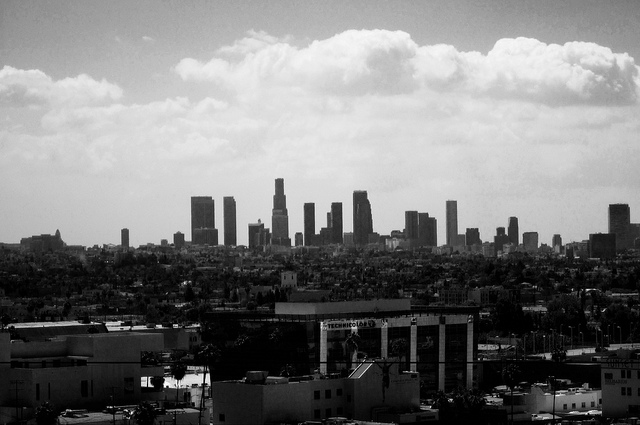The remake of Blade Runner, which is loosely based on Philip K. Dick’s novel Do Androids Dream of Electric Sheep? reminds us of the man’s brilliance.
Moreover, it is astounding the prescience of a man who initially set his novel in 2021 (it was written in 1968) to create something that raised questions that we are grappling with today and creating entertainment whose most recent iteration has people flocking to the theaters. Perhaps Dick’s most enduring gift is how his work constantly causes the reader to question the nature and limits of reality.
What can you point to as an aspect of our existence that is absolutely and objectively real? “Reality is nothing but a collective hunch,” Lily Wagner once said. We live in this mysterious world that is full of happenings and we are constantly bombarded with information in an ever-changing reality.
“Reality is nothing but a collective hunch.” ― Lily Wagner
Who is to disagree that people have their own subjective understandings of reality? “Everything is relative” as the saying goes, but how can another person’s view of the world be wrong when information can only be gathered through the prism of our own perspectives and experiences? Do we not all have our own versions of the truth?
Philip K. Dick Invites us to Question our Perceptions of Reality
Philip K. Dick, a novelist whose bizarre work was not nearly as strange as his life, contended that we are living in a collective reality with access to many other sub-realities. Whether or not one agrees with PKD’s fantastical claims, it is important simply as a thought experiment. There are obviously layers of reality and our perception of it changes as we are educated and exposed to certain universal truths.

Source: anokarina/flickr
Dystopian novels of Dick’s such as Do Androids Dream of Electric Sheep? and George Orwell’s 1984 depict future realities that are manipulated by elites who secretly control many aspects of our daily lives with the rest of the world playing the role of dupes. In many ways, we are already living in a dystopia of Orwellian proportions, but people spend much of their efforts ignoring this, burrowing deeper into their own realities. For example, we know that the NSA has been recording our information covertly, yet millions of people willingly over-share aspects of their lives on Facebook.
Although it seems scientifically silly that we are like koi in a pond who are living in a reality manipulated by some unknown outside force, how certain are we that we’re not? At some point, we must ask ourselves: what is reality? Work must be done to better understand the mechanisms that drive our everyday lives in order to live the fullest existences possible. Philip K. Dick’s legacy allows us a multitude of concepts and ideas on how to perceive reality; thankfully he was once part of our world.

0 Comments